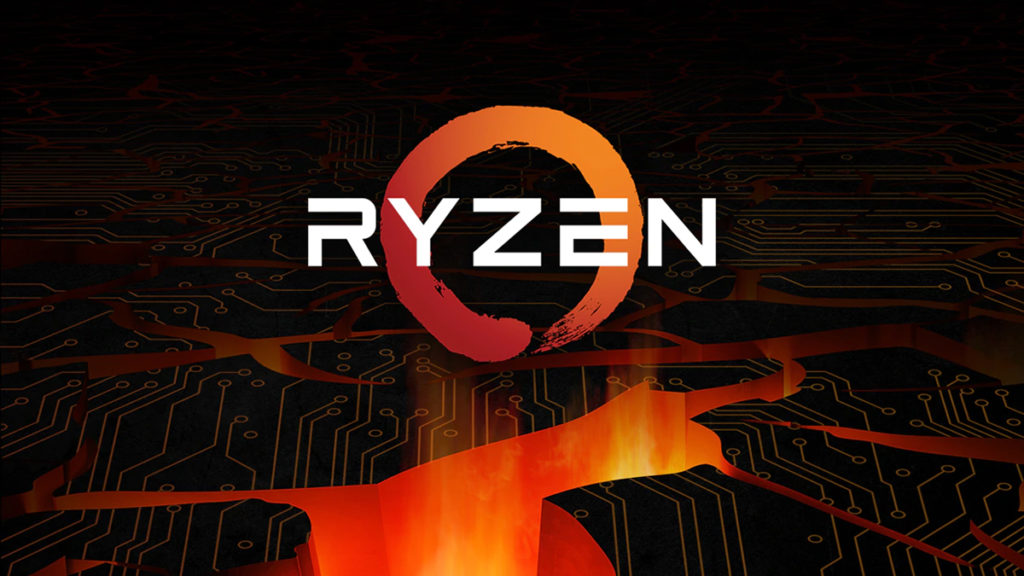This is why you take all early reviewers glorifying metrics opinions with a tub of salt and wait for world circulation for that product analysis or wear out the refresh button on that OEMs media channels for CONSUMERS feedback.
The problem is that reviewers only have a small window of time in which to evaluate a product. Normally we get two or three weeks and that's about it. That being said, we do sometimes use that hardware for other things over a longer period of time. But that isn't what I'd call scientific. In any case, we usually have a sample of one and only a short time to evaluate something.
The thing is, there are board makers I don't entirely trust given my experiences with them. In a review context, I have to go by that sample of one and you have to stick to the facts, keeping your personal opinions out of it.
Yup over on H they are basically calling BS on this. Limited sample, maybe bad handling, maybe other component issues etc. While I don't have one yet, I feel like if there was really this much DOA happening we would have heard more about it.
As I've said, I don't doubt there is
some validity to it. I've built hundreds of machines and I've serviced tens of thousands. I've seen more AMD CPU's fail than I have Intel. We are talking about a very wide margin on that too. I wouldn't say AMD CPU's fail a lot and if it works out of the box your probably fine. Almost all the dead AMD's I've seen were DOA rather than something that died at some later point due to whatever reason.
You have to consider, people don't build new machines for themselves or replace CPU's all that often unless they have to do it in a professional capacity. The odds of any one individual getting a bad CPU is pretty small. If you haven't personally experienced it, you may not believe it. People tend to stick to their own frame of reference without a fair amount of evidence to go against it.
Oh yeah, I hate the current Intel sockets. It is WAY too easy to jack it up. So dumb.
There are pros and cons to the design. The pro is that LGA sockets, while being more fragile are less prone to losing contact with the CPU pins once installed. I've had to reseat LGA CPU's far less often than their ZIF socket counterparts.
Back when CPU's far outstrip the cost of the board, I'd rather trash the board than a more expensive CPU. That has changed in the mainstream segment for the ultra high-end, but it's still true towards the lower end of the motherboard product stack. I'd rather trash a $300 MSI X570 Unify than a $650 Ryzen 9 5950X. Especially since the former is far easier to come by than the latter, or has been for the majority of the last year. When you get into the HEDT segment, the problem is even worse where CPU's can cost a couple of grand and the motherboards usually only cost around $500-$800.
Then again, I've never damaged a ZIF socket but I have damaged (and repaired) LGA sockets.
Seems like somebody ought to revisit this potential issue, because over the course of this last six months or so, and especially the last two or three, I've been seeing WAY more Ryzen 5000 series forum threads over at TH resulting in bad CPUs that have been replaced under warranty than for any other CPU in memory.
I generally tend to tell people that CPUs very rarely fail, but after eliminating every possible component including different power supplies, motherboards, memory, storage and graphics, there's rarely much left and easily eliminated. Then when AMD actually SENDS replacement silicon and doesn't argue, we know something is up. Especially when I've seen it myself, having had one out of four Ryzen builds for a client fail and I certainly don't expect this to be the case, ever, but maybe five or ten failures in the forums along with my one, is more than I've ever seen before in any year if you eliminate all the examples where the user or builder was to blame.
This is still happening and it's something that ought to have gotten more interest and investigation than it has. It's not normal and it's largely been swept under the rug after the initial interest didn't return astounding numbers.
It's a difficult thing to prove one way or another. There are tons of additional factors that could be at work here. Contributing factors like motherboard VRM design, BIOS issues and that sort of thing all come into play. AMD and Intel's relationships and standards with board makers aren't the same. On the X570 side you have far more low budget designs that cut a myriad of corners than you do on the Zx90 side of the house.
And as I said, having the pins be external on the CPU makes them more prone to being damaged while handling them than their Intel counterparts. It could be as simple as that, I don't know.
As it happens, I have a confirmed dead AMD Ryzen 9 3900X sitting here on my bench and another one that I've degraded slightly using it for reviews. It doesn't clock like it used to, but still runs normally at stock speeds, even boosting correctly.

